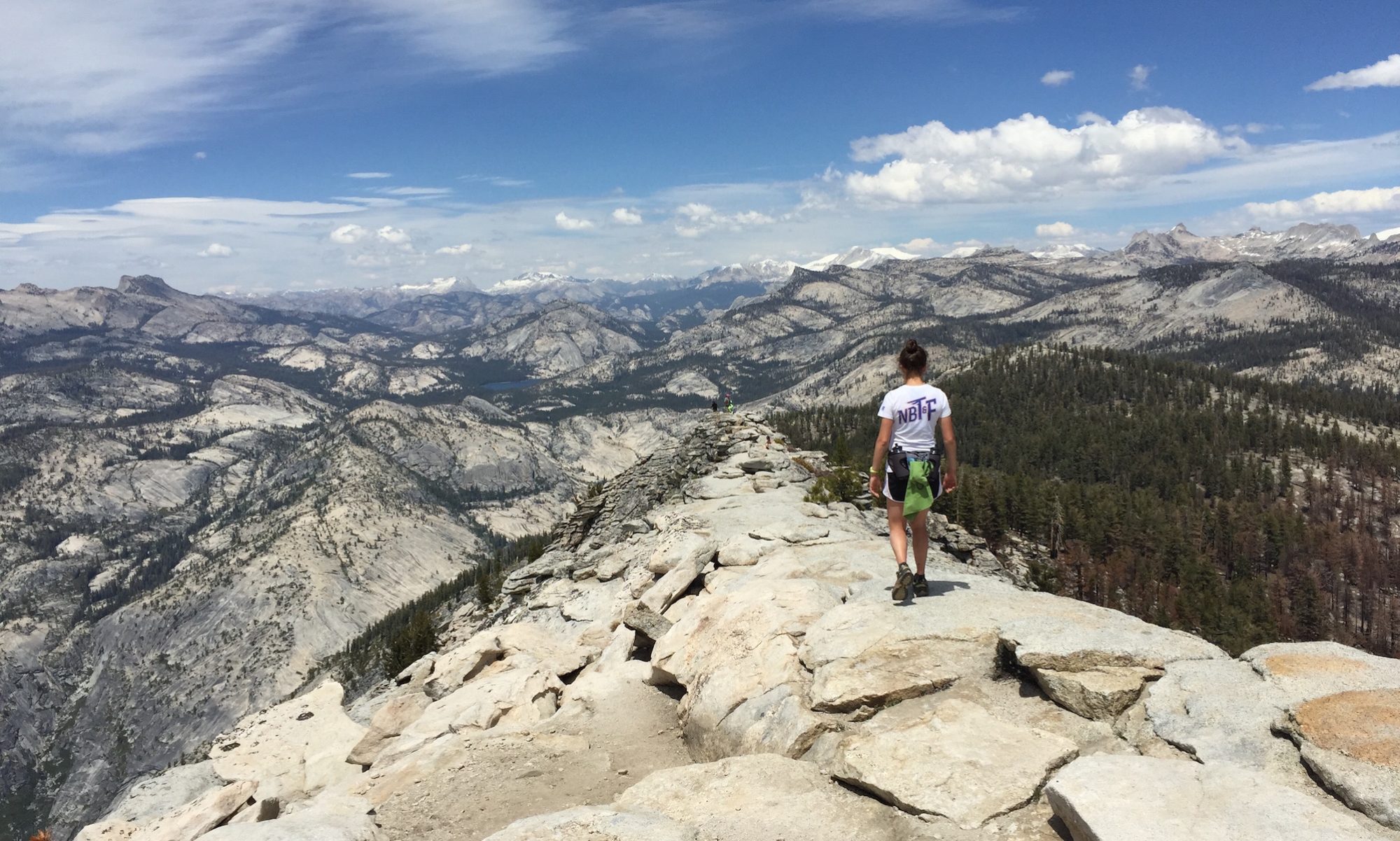She arrived, in tears, just as class was about to start. “It’s been a rough day,” she said. The government is moving in on Standing Rock. Clearing the camp. Making way for the pipeline. Buzzfeed had a live feed. Several people arrested. At least one person injured. The choppy feed showed muddy expanses, melting snow, and a line of veterans who came from across the country to help defend a sacred space from a pipeline.
#Openlearning17 — Ted Nelson
Repost of For the Wholiness of the Human Spirit (2015)
Re-watching Ted Nelson’s eulogy for Doug Engelbart last week reminded me of one of the many (many) reasons Nelson’s thinking about computers and society resonates so powerfully with me. Mourning the loss of one of the most pivotal stars of the new media revolution by indicting his colleagues and making them laugh (nervously), invoking the tropes of classical funeral orations and quotes from Shaw and Shakespeare, and recounting the highlights and tragedies of Engelbart’s career, Nelson’s eulogy is a tour de force in terms of form (technique) and content. He insists, as passionately as he had in 1974, that computers should support our dreams, indeed that technology is an expression of those dreams. And dreams, of course, are as much about the emotions as they are about reason and calculation.
Movies and books, music and even architecture have for all of us been part of important emotional moments. The same is going to happen with the new media. To work at a highly responsive computer display screen, for instance, can be deeply exciting, like flying an airplane through a canyon, or talking to somebody brilliant. This is as it should be…..
Continue reading “#Openlearning17 — Ted Nelson”
“….it really gets hard when you start believing in your dreams….” — Doug Engelbart
In the hope that anything worth posting once can be re-posted again (different audiences?), I’m offering this reflection / question I wrote for Gardner’s New Media Seminar a couple years ago . Thoughts, anyone?
I’ve posted before about how central Doug Engelbart is to the Awakening of the Digital Imagination. This time I’m going to let an image — or more precisely, a mural — do the talking. Created by Eileen Clegg and Valerie Landau for the fortieth anniversary of the Mother of All Demos, this graphic representation of the interaction between cultural change, technological innovation, and what Engelbart called “collective intelligence” suggests how we have co-evolved with our technology since the early twentieth century. At the end of the mural, a blue wave asks us to think about “the next paradigm-shifting wave of innovation”….which seems to be happening in 2015. I mean, RIGHT NOW.
So I ask you, looking at the elements of the mural and the interactions and shifts it depicts — can we imagine and work for a future using technology and our collective intelligence to deal with the world’s “increasingly complex problems” in ethically responsible and constructive ways? Put another way, can we afford not to do this?
“Help Me Grok it and I’ll Help You Make it Real” / Filtering Forward the High Value Trails

Wednesday’s webinar and twitter chat with Hypothes.is founders Jon Udell and Jeremy Dean — masterfully MC’d by OpenLearning17′s Gardner Campbell — gave me so much food for thought. We are starting to use Hypothes.is in the graduate pedagogy class I teach and we read “Working Openly on the Web” (7 Ways to Think like a Web) during the first week of class. So getting to listen to these three in action was a huge treat.
Too Big to Know: Monday Morning Live Tweet Class with David Weinberger

Greetings Open Learners!
We have a late-breaking, serendipitous opportunity tomorrow morning to talk about David Weinberger’s book, Too Big To Know on Twitter. Weinberger, a philosopher and technologist who writes about the effects of the internet on human relationships, is currently a senior researcher at Harvard’s Berkman Center. In light of current discussions about the nature of facts and their alternatives, the book’s subtitle — “Rethinking Knowledge
Now that the Facts aren’t the Facts,
Experts are Everywhere, and
the Smartest Person in the Room
is the Room.” — is especially compelling.
Dr. Weinberger will be Skyping into Tom Ewing‘s undergraduate course on Data in Social Context at Virginia Tech to talk about Too Big To Know with Tom and his students.
I will be live tweeting the conversation tomorrow (Monday) from 10:10 to 11:00 am EST. If you’re familiar with the book or Weinberger’s work please join us. And if you aren’t please join us anyway! You can follow along and send questions and thoughts to #Openlearning17 and #Faccollab.
Followers of #gedivt — I will try to flag you all as well, but the best bet would be to check #OpenLearning17
Twitter Handles: Data in Social Context: @DiSCVT ;David Weinberger: @dweinberger ; Tom Ewing: @EThomasEwing



